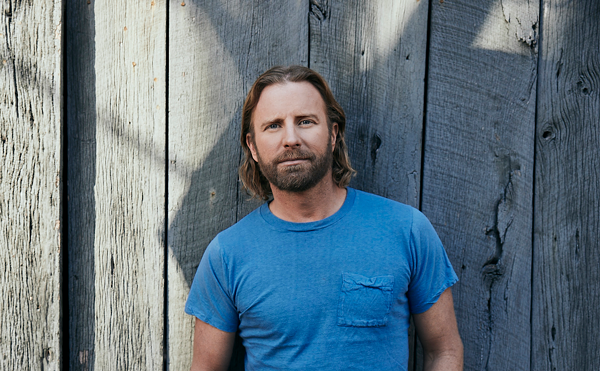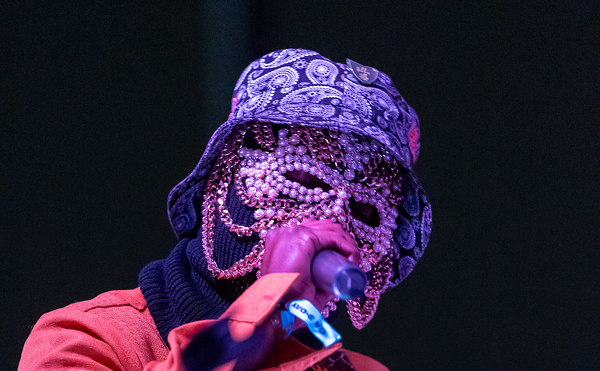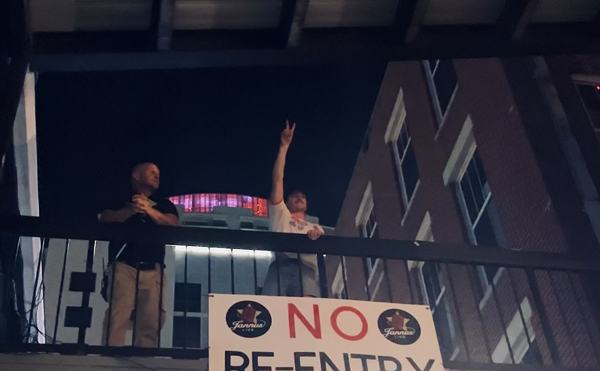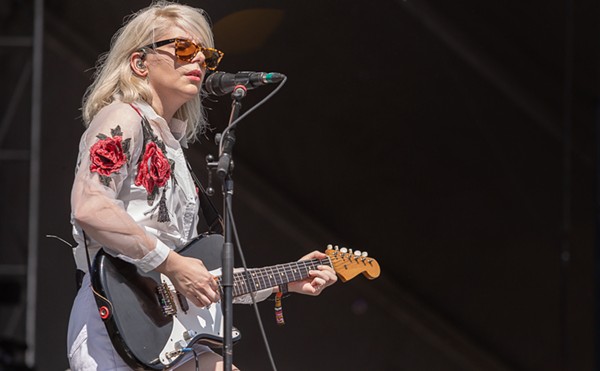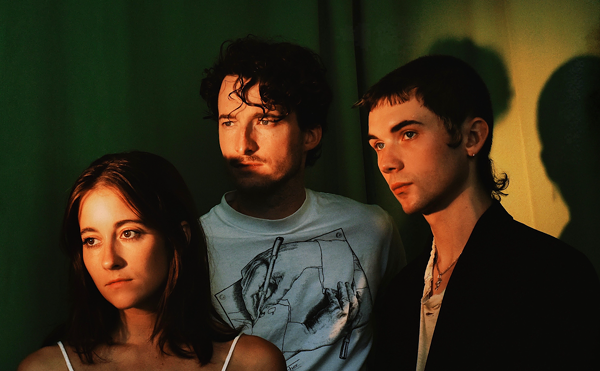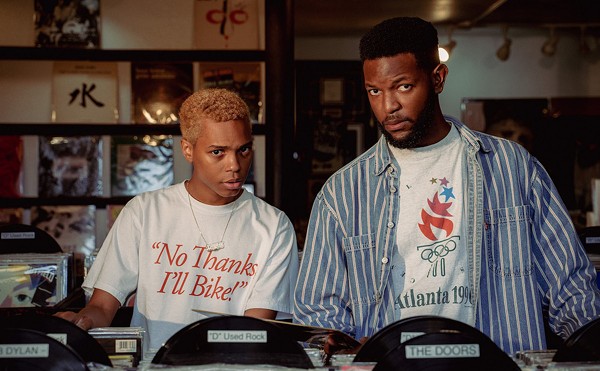New Orleans is a place much revered for its vibrant music scene. But the profusion of blues, jazz, funk, R&B, zydeco and even rap tends to overshadow the less expected sounds bubbling up from the city’s swampy depths. “New Orleans is so much more branded and known for the other types of music,” Ted Joyner commented when we talked last week about his indie rock band, Generationals, which stops in Ybor on Sunday. While other NOLA natives tend to use the city as a sonic touchstone, “If you hear we’re from New Orleans, it doesn’t give you a good indicator of what our music sounds like … where we’re from is more of an afterthought.”
But Joyner is quick to acknowledge how much New Orleans has impacted the music he makes with Generationals co-collaborator Grant Widmer. “The thing that Grant and I always point out is that we grew up listening to a lot of the iconic New Orleans artists and bands,” he explained. “We are definitely influenced on a deeper level by a lot of New Orleans music, it’s just not as easily and readily apparent in what we write. But it is there; I can point things out that we definitely took from famous New Orleans producers, like Allen Toussaint. We’re totally New Orleans kids; we were born and raised in New Orleans. If someone says we aren’t very New Orleans-y, I can guarantee you we are.”
Joyner and Widmer were high school friends who both ended up studying at LSU in Baton Rouge, and played music together with some other undergrads while pursuing a degree. When the two returned to New Orleans, they started writing songs in earnest, as Generationals. “Music was always a creative side project to our main college studies, but then, lo and behold, it just kind of became, more and more, our primary focus; it just pulled us in. We decided it really was something we wanted to do, and to continue to do.”
Being raised in a city where musicians are such an entrenched part of its cultural fabric likely didn’t hurt, either. “We had a really good friend growing up, his dad was a musician in New Orleans, and because one of our friend’s parents was a career musician, we sort of saw what that life looked like and we always thought it was interesting. I can’t help but think that that sort of played into the decision as well. In New Orleans, music as a career was a real thing or certainly something that could happen.”
Generationals’ 2009 full-length debut, Con Law, was recorded in Washington, D.C., with Baton Rouge native Daniel Black at his Bent Black studio, as was 2011 follow-up Actor-Caster; both were issued by NOLA-based label Park The Van — “For them to pick us up so early on was a huge step in our career” — and both delivered on a warm analog mix of retro Spector-styled rock, Brit invasion pop and New Wave-hued dance music. Last year, the twosome signed to wider-reaching indie label Polyvinyl (The Dodos, Deerhoof, of Montreal) and completed album number three, Heza, which dropped this spring.
Heza is an easy breezy 10-track voyage with a more laid-back vibe and distinctive Afro-pop appeal that adds bright buoyancy to their sound, the sweetly cooing and sighing vocal harmonies of Joyner and Widmer sailing dreamily over rubbery bouncing basslines in “Say When” and amid the percussive-clapping of “Put a Light On.”
“There’s something about making a third record that just feels like a different chapter,” Joyner said. “Our previous records, we’d book some recording time, go to the place and record it all at once.” This time around, the bulk of Heza was laid down on their home turf, though some drum tracks were recorded in Austin and additional instrumental tracks in DC. “The process was a little more broken up, in time and also geographically, which gave it a little breathing room. I think maybe that ends up making for a more relaxed record, as opposed to, ‘go, go, go, hit start, now record record record, hurry up hurry up, finish!’”
The album title was spurred by the musicians’ preoccupation with the spelling of a friend’s nickname (real name Heather). “It’s sort of in keeping with our album titles — we’re not too strict with needing to make any literal sense or have a specific meaning. If it’s a strange or interesting sound to us, we go with that and we let deeper meaning find itself later.”
They have a similar Dada-esque philosophy when naming songs and writing lyrics. As Joyner puts it, “You just let it be what it feels like it needs to be — you don’t impress the meaning of the song on it from the beginning. The listeners probably don’t care and will ascribe their own meanings, anyway.” Joyner has similar feelings about his lyricism. “For me, writing lyrics, it’s much more about the sound than the content. If a line of lyrics makes sense or is relevant to my life, that’s awesome, but if it’s not and it still sounds really good, I’ll go with it anyway. Yeah, it doesn’t really make sense but that’s okay; something that doesn’t make any sense but works really well phonetically works well for me.”




